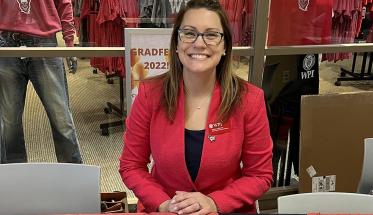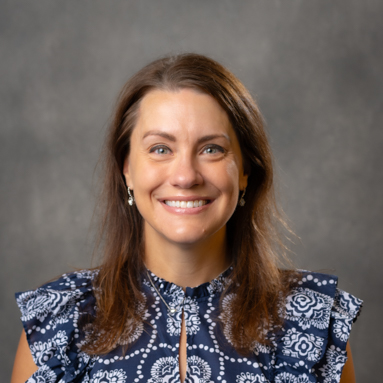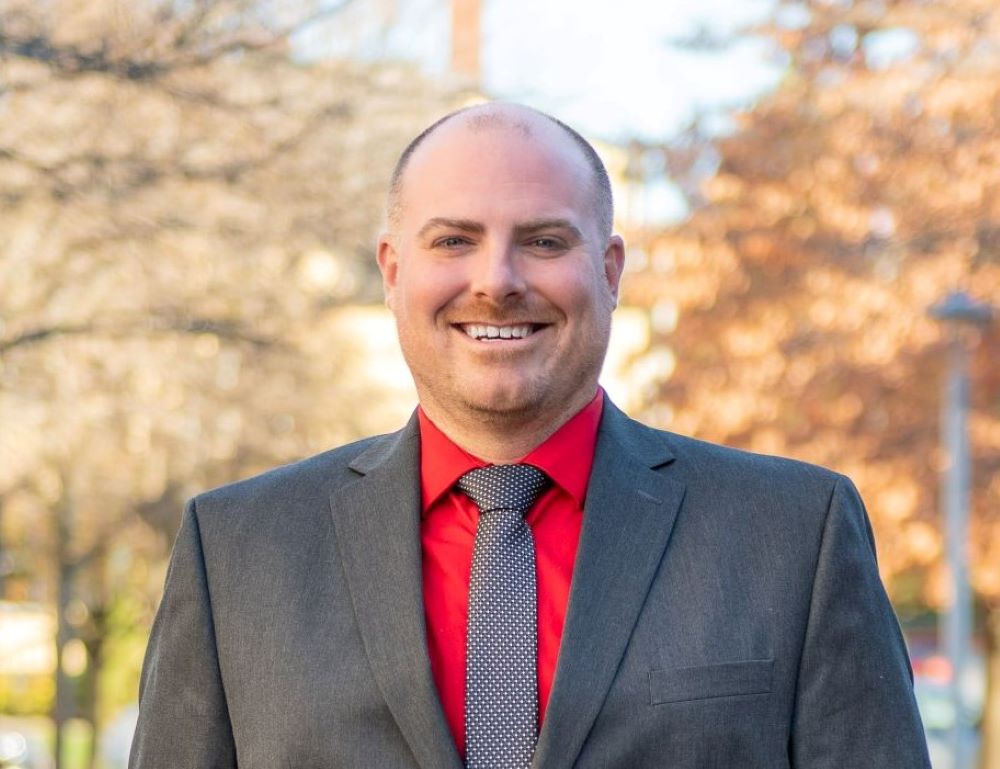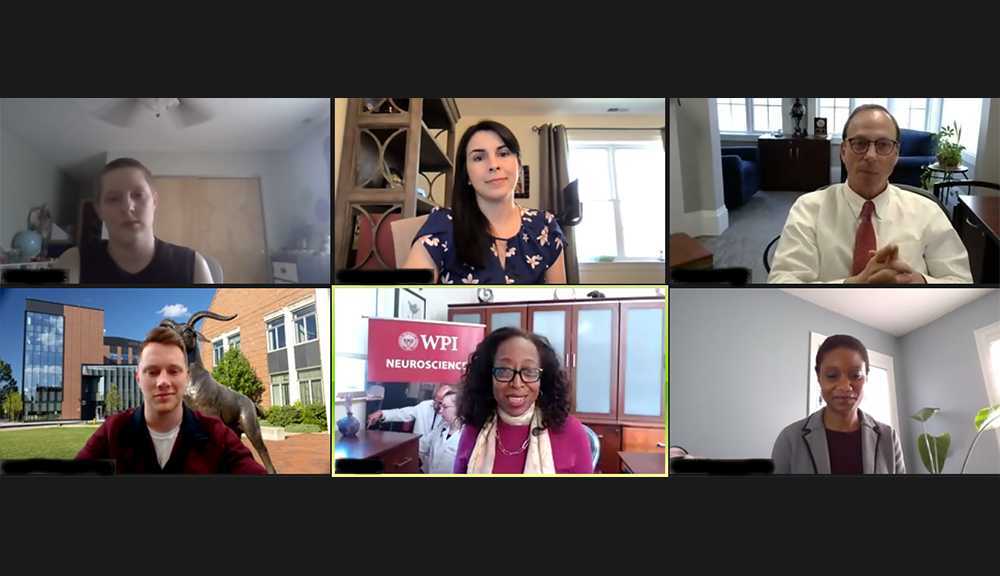The Office of Financial Aid (OSAFL) is here to guide and help students and their families understand funding that may be available to finance a WPI education. OSAFL offers, stewards, and disburses federal, state, and institutional financial aid to students, and oversees and manages the Federal Work Study program, along with the Community Service component of the program.
Throughout the academic year, the office offers financial literacy programming, such as budgeting, learning about credit, student loan repayment, and more. The office strives for excellence in customer service and looks to counsel students and families from their application process through graduation. They walk students and families through the aid process and help them plan for a four-year commitment to WPI.
This year, OSAFL took a close look at ways the office could help support students as the community faced the stresses of the pandemic and mental health challenges. We talked with Jessica Sabourin, director of OSAFL, to get an update.
Q: You’ve recently made some changes that have had a positive impact on students. Tell us about them.

A: OSAFL collaborated with campus partners to revise the institutional financial aid policy. These revisions to WPI’s Institutional Financial Aid Policy align with the university’s federal Satisfactory Academic Progress policy and its academic good standing policy.
In short, a student must pass a minimum of 24 academic credits each academic year (A- through D-Terms) to keep the same level of WPI institutional financial aid for the following academic year.
Earlier this year, our office modified the policy to require that students earn 30 credits in an academic year, rather than 33, to retain merit and need-based institutional financial aid. However, after listening to student feedback, we felt that it was in the best interest of our students to revise this policy.
Q: Who is affected by these policies?
A: This policy specifically impacts our undergraduate students. There is a caveat to those on RCL (reduced course load), COOP, a leave of absence, academic probation, academic suspension, and part-time status. For more information on status and policy, click here.
Q: Why and how did OSAFL make these changes? Were others involved?
A: OSAFL made the changes after listening to students regarding the impact of both the COVID-19 pandemic and our ongoing commitment to students’ mental health and well-being. We were charged by senior leadership to listen and to think about what departments could do to help alleviate mental health stressors—and we know finances are a big part of anyone’s stress. Once we reviewed the current policy alongside the academic standing policy and federal aid policy, it made sense to determine what it would take to make a change. Collaborators across campus included the Finance and Operations Department, Office of the General Counsel, Registrar’s Office, deans, faculty, students, and senior leadership. Once we did the analysis, it was a no-brainer to make the change.
Q: How much financial aid does WPI provide each year? Where does it come from?
A: WPI provides $98 million in institutional scholarships/grant aid and $3.4 million in federal/state scholarships/grant aid (19-20 Common Data Set figure). This has increased each year as we’ve dedicated additional institutional funding to assist with affordability and the strategic initiatives of the institution.
Funding comes from the university budget, philanthropic donors, and state/federal agencies.
Q: What should incoming students and their parents know about financial aid when applying or enrolling?
A: They should plan for a four-year commitment. There’s a variety of ways to pay for an education—there is no single way you “need” to pay each year. One year you could use a 529 plan, the next a private student loan, the next a payment plan—or any such combination. If you have questions, reach out to the Office of Financial Aid. That’s what we’re here for. Every institution has its own deadlines for applying for admission and for financial aid—familiarize yourself with those deadlines.
Q: What financial tools should students have when they graduate?
A: Graduates should know what loans they have upon graduation: institutional, state, and federal. They should know who their loan servicers are and what their repayment options are. They should familiarize themselves with studentaid.gov for federal loans. Graduates should also be aware that different loans and servicers have different grace periods—if they are unable to pay, they should reach out to the lender for options. They may contact our office for assistance.
Also, they should be aware that if they apply for graduate school and plan to take out loans, they now are filing as an independent graduate student and their loan options have changed. There is a difference between an undergraduate and graduate student when it relates to student loans.
Graduates should also learn budgeting basics and how to balance a checkbook, which our financial literacy program can help with during their time at WPI.
Q: Can OSAFL help students who are facing unexpected financial problems?
A: Students may reach out to finaid@wpi.edu to discuss extenuating special circumstances.
Special circumstances are anything that differentiates the family’s finances from those of other families. Reasons for a “professional judgement request” may include (but are not limited to) ...
- Recent unemployment
- Recent death of wage earner
- Recent change in marital status
- Recent unusually high out-of-pocket medical expenses not reimbursed by insurance
- Other significant, measurable, and involuntary changes in financial circumstances
A professional judgement request does not guarantee approval. The OSAFL staff is happy to describe the process to those who would like details; email finaid@wpi.edu.
There are also options through the Dean of Student’s Office & OSAFL; learn more here. One specific fund that I am incredibly proud of is the Emergency Assistance Fund (EAF), which was established to assist our WPI community members who encounter an unforeseen financial emergency or catastrophic event due to the pandemic. WPI has demonstrated multiple times that it is a community that cares. We are here to help.




